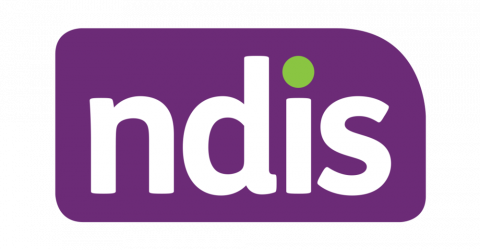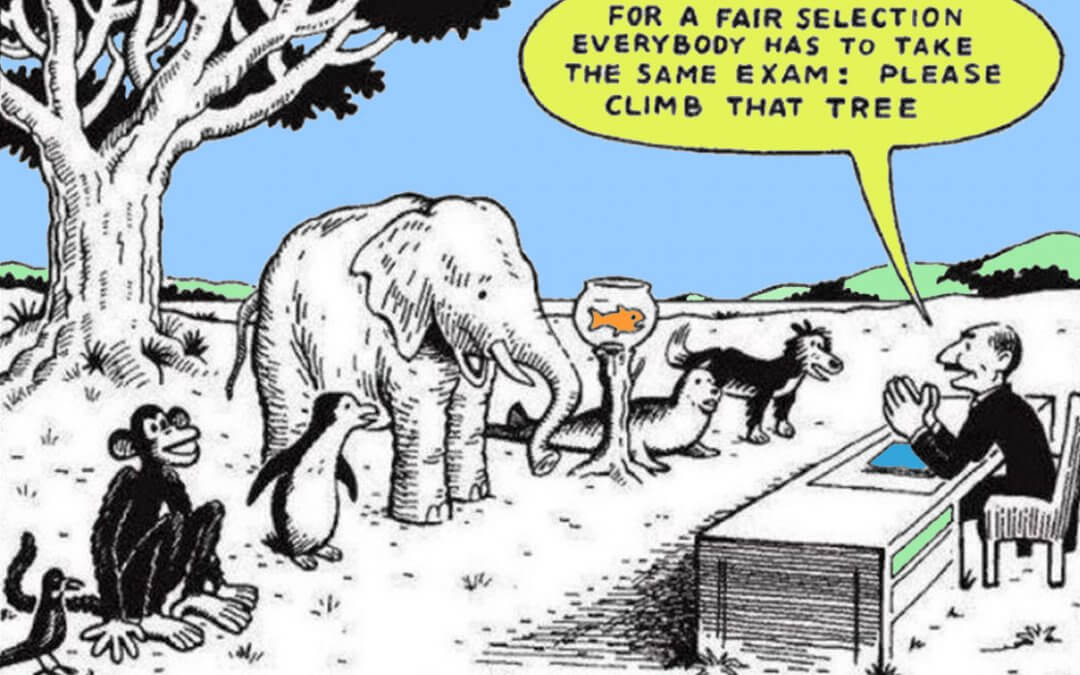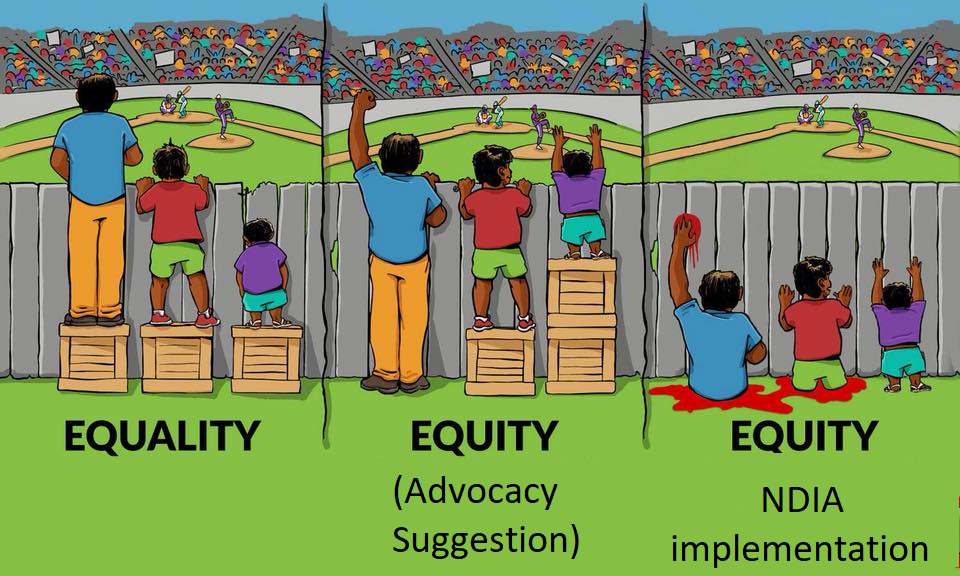
Dear Mr Hoffman
I received my copy of your open letter to all NDIS participants at 4.02pm today.
Throughout the letter, you use the term “independent assessments” despite the whole disability sector having advised you that the NDIA’s contracted assessments are not “independent”. Insisting on calling them “independent” when they are not independent at all is classic “Yes Minister” conduct. Your failure to acknowledge and refusal to respect the views of the disability community shows you are not interested in improving the NDIS for the people who depend on it.
Notably, the Service Charter and Improvement Plan that you released in August also avoid recognition and respect for the views of the disability sector.
In your letter you say, “We’ve done this because we’ve heard from you …”. But clearly you have not heard from us – you listened very selectively, and you are now using our words against us.
Your message sends us a clear message that you are not interested in constructive feedback; that dissenting voice will not be heard.
You claim that your changes will make the NDIS “simpler, faster and fairer”. That may be the case from your perspective, but not from ours. For many people who currently qualify for the NDIS on the basis of an extensive and often costly diagnosis process(es) for their ASD, the addition of a further cursory functional assessment from an NDIA contracted assessor is further complication and delay: it is not simpler or faster. And when it delivers an outcome against access to the NDIS, it adds the further complication of an AAT appeal, a step that many people are not willing to take. This is very unfair.
The only thing that “free” NDIA contracted assessors will do is sometimes overturn ASD diagnoses (from expert clinicians who spent the time needed to complete an ASD diagnosis) that people have already paid for.
You say, “These assessors will all be trained in using the same set of assessment tools to make sure everyone is treated in a fair and consistent way”. In the disability sector we are extremely familiar with this concept, as the following well known figures show.


Your letter says, “The tools have been designed to assess the capability of people with disability and used all over the world for many years”. The NDIA has been mis-using the PEDI-CAT to “assess” autistic children for years. New documents suggest you may use the PEDI-CAT ASD in future but the PEDI-CAT ASD is not “used all over the world” because it still hasn’t been verified … and the NDIA is keeping its report from the Autism CRC secret, which shows you already failed your No. 1 commitment in your new “Participant service Charter” to transparency.
Your claim that “If you do not agree with an NDIA decision from an independent assessment you can request a review or appeal” shows you simply do not understand that many vulnerable people are simply unable to appeal NDIS decisions because it puts them in legal conflict with the Government. Many of them are not prepared to go there, so your actions to make this an essential step for more NDIS participants is very unfair for the most vulnerable people who you are meant to be helping.
You claim, “You will still have choice over the providers and types of supports you need to pursue your goals”. Despite the issue having been raised repeatedly, NDIS LACs and planners are still telling autistic participants that “the NDIS does not fund ABA”, in other words they tell families that they do not have choice and they cannot access evidence-based best practice. Of course, that is a lie: the AAT made rulings that require the NDIS to fund ABA at least for those who challenge the NDIS. There are also many secret AAT settlements where the NDIS pays for ABA … but the NDIS keeps them secret. So much for “transparency”.
The NDIA introduced its contracted assessments without proper consultation. Rather than addressing issues, it is creating issues.
You and the NDIA show that you are oblivious to constructive feedback.
The NDIS will not improve unless the NDIA starts to engage with people in the disability sector.
Bob Buckley
Convenor, Autism Aspergers Advocacy Australia (A4)
website: https://a4.org.au/
Autism Aspergers Advocacy Australia, known as A4, is the national grassroots organisation advocating for autistic people, their families, carers and associates. A4 is internet based so that Australians anywhere can participate.
Note for politicians and bureaucrats – Autism Aspergers Advocacy Australia's policy on unanswered questions is available at https://a4.org.au/node/1419.
“The first step in solving any problem is recognising there is one.” Jeff Daniels as Will McEvoy in The Newsroom.
On 13/10/2020 4:02 pm, National Disability Insurance Agency wrote:
GPO Box 700
CANBERRA ACT 2601
1800 800 110
ndis.gov.au
12 October 2020
Re: Improving the National Disability Insurance Scheme (NDIS)
Dear participants, families, and carers,
In August, we shared the NDIS Participant Service Charter and Service Improvement Plan with you. These documents set out our commitments and explain how we will make the NDIS better over the next two years. We’ve done this because we’ve heard from you that the NDIS needs to be simpler, faster and fairer.
I wanted to write to you today to share some further information about the improvements we are making to the NDIS, and respond to concerns people have raised around independent assessments.
An Easy Read version of this letter is available on the NDIS website.
Facts about introducing independent assessments
Independent assessments give a simpler, faster and fairer basis for making decisions about access to the NDIS and plans.
We will be introducing free independent assessments for people over seven years old who are applying for the Scheme for the first time from early next year, and then at some plan reviews for existing participants from the middle of 2021. Independent assessments for children less than seven will also start in 2021.
Independent assessments will not be needed every year or at every plan review. They’ll be needed only when there is a major change in your life or plan.
Assessments will be free because you told us that costs involved in getting assessments and evidence to support your applications and reviews often put you out of pocket.
We are creating a panel of assessors, health professionals like occupational therapists, physiotherapists, speech pathologists, clinical and registered psychologists, rehabilitation counsellors and social workers who will work at arm’s length from the NDIA.
These assessors will all be trained in using the same set of assessment tools to make sure everyone is treated in a fair and consistent way. The tools have been designed to assess the capability of people with disability and used all over the world for many years. They also take into account your particular circumstances and environment.
You can do the assessment in one session or many. Where possible, you can choose which assessor you want from the panel and whether you prefer a male or female assessor. You can complete the assessment by video call or in person. You can have someone with you, like a family member, support worker, or your current health professional.
If you do not agree with an NDIA decision from an independent assessment you can request a review or appeal.
Your doctor or other health professionals you know will still be involved in your application to the NDIS, and if further evidence is needed at a plan review. You will be able to submit any extra information you think is important. Your planner or Local Area Coordinator will still talk with you about your life including the impact of multiple disabilities, your goals, family supports and living arrangements to make sure we get a complete picture of your goals and support needs.
You will still have choice over the providers and types of supports you need to pursue your goals.
Sharing information about how independent assessments will work
We made the decision to announce the introduction of independent assessments early. We did this so that there would be time to work through the detail in close consultation with people with disability and representative organisations.
We have released further information about the assessment tools including information in Easy Read. Also on the NDIS website is more information about the independent assessment pilots. The second pilot ended in March 2020, due to the coronavirus (COVID-19) pandemic.
We’ll be starting this second pilot again soon, to continue testing how we implement independent assessments. As part of this we’ll be offering independent assessments for up to 4,000 existing NDIS participants with all disability types on a voluntary basis from October 2020. If you are invited to join this pilot, I encourage you to get involved and give us your feedback.
Over the coming months we will keep sharing more information about how the assessments will work. We will be working with participants, families and carers, providers and representative organisations to design the detail of the approach. This will ensure independent assessments are flexible and adapted to meet the needs of people with particular disabilities, and of different groups of people.
The NDIA will shortly release an engagement and consultation schedule to support the implementation of independent assessments. Sessions will be conducted nationwide, aligned to coronavirus (COVID-19) restrictions.
Please keep asking us your questions. You can send your questions to feedback@ndis.gov.au. It is important that we give you all the information you need so you can be comfortable with the changes and feel prepared when they do happen. You are our priority.
Kind regards
Martin Hoffman
CEO NDIA
